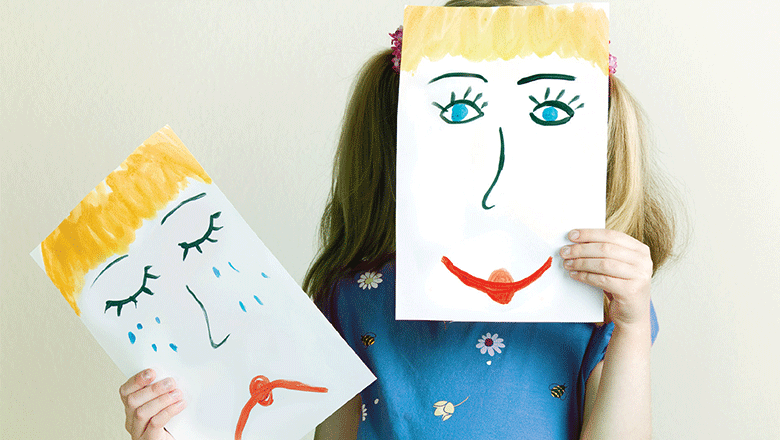Search
Research
Non-specific psychological distress, smoking status and smoking cessation: United States National Health Interview Survey 2005It is well established that smoking rates in people with common mental disorders such as anxiety or depressive disorders are much higher than in people...
Research
Dietary intake of omega-3 fatty acids and risk of depressive symptoms in adolescentsPrevious randomized controlled trials have demonstrated that omega-3 polyunsaturated fatty acids (n-3 PUFA) are beneficial in reducing symptoms of depression.
Research
In utero exposure to antidepressant medication and neonatal growth outcomes: closer examination of the evidence is neededIn utero exposure to antidepressant medication and neonatal growth outcomes: closer examination of the evidence is needed
Research
Common mental disorders: missed opportunity for smoking prevention and cessationCommon mental disorders: missed opportunity for smoking prevention and cessation

News & Events
Young Minds Matter overviewYoung Minds Matter was funded by the Australian Government Department of Health. The survey was conducted at The University of Western Australia...
News & Events
Researchers investigate childhood diet and teen anxiety and depression linkA study to investigate mental health and dietary patterns throughout childhood and into adolescence has received a $57,800 grant.
News & Events
Perth researchers receive national suicide prevention awardsSuicide prevention researcher Kate Miller has been recognised for her innovative work in developing safe, effective online resources for young people.
Research
Using acute tryptophan depletion to investigate predictors of treatment response in adolescents with major depressive disorderThe major hypothesis of this study is that acute tryptophan depletion will be negatively associated with mood and cognitive functioning
Research
“I don't really exist here”: A reflexive thematic analysis of dissociative symptoms described by adolescents and their parents and cliniciansDissociative symptoms are associated with a range of negative outcomes, yet little is understood about how adolescents experience dissociation in their daily lives. This study aimed to describe adolescents’ dissociative symptoms from the perspective of adolescents, their parents, and their treating clinicians.
Research
Psychiatry and PharmacologyDissociation can exist along a continuum from normal developmental experiences to severe and contributing to persistent mental illness and impeding normal development. It can also occur as a discreet symptom in a range of disorders or as a disorder itself, and can change depending on a number of factors such as the age and stage of development.
